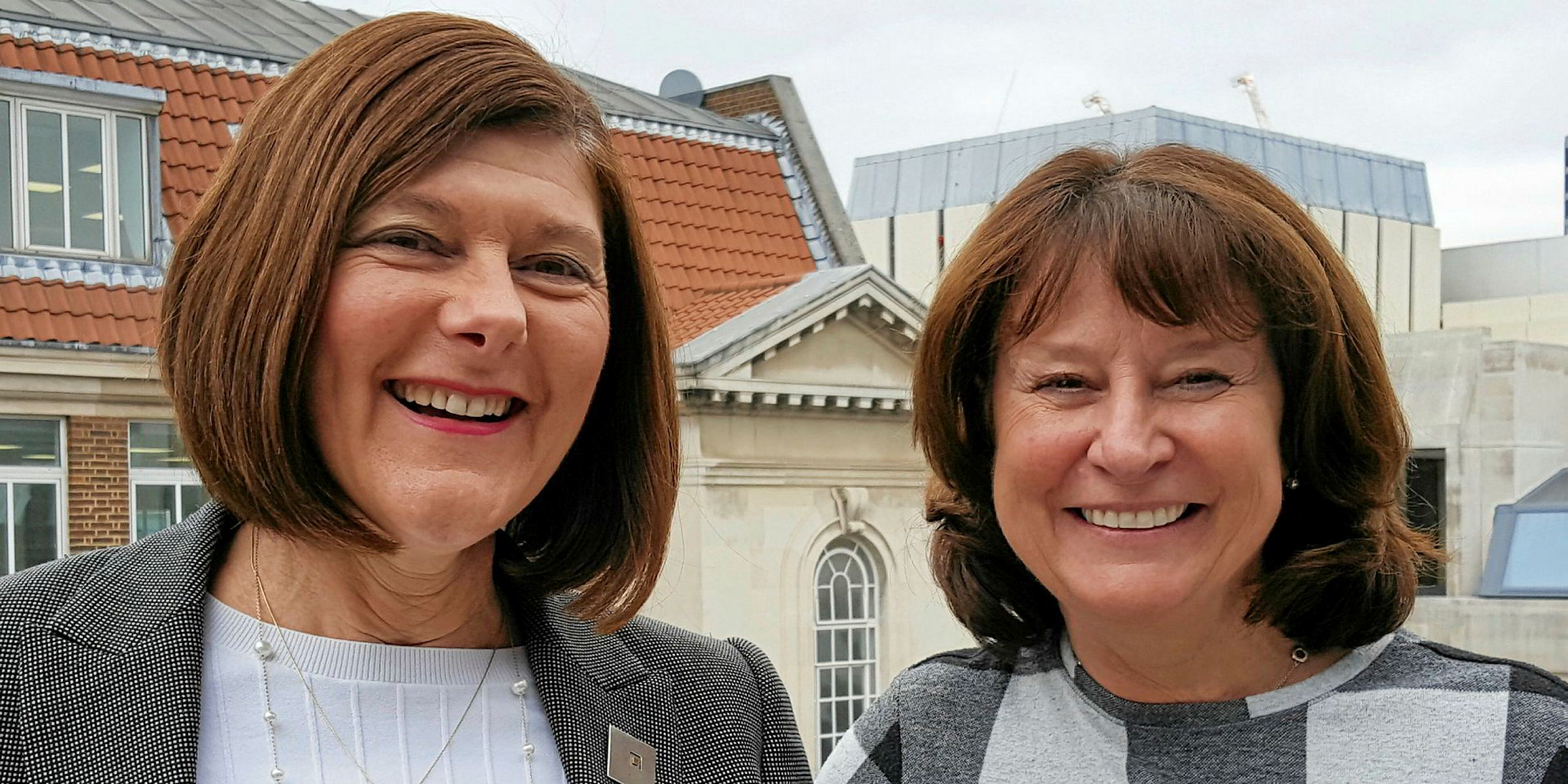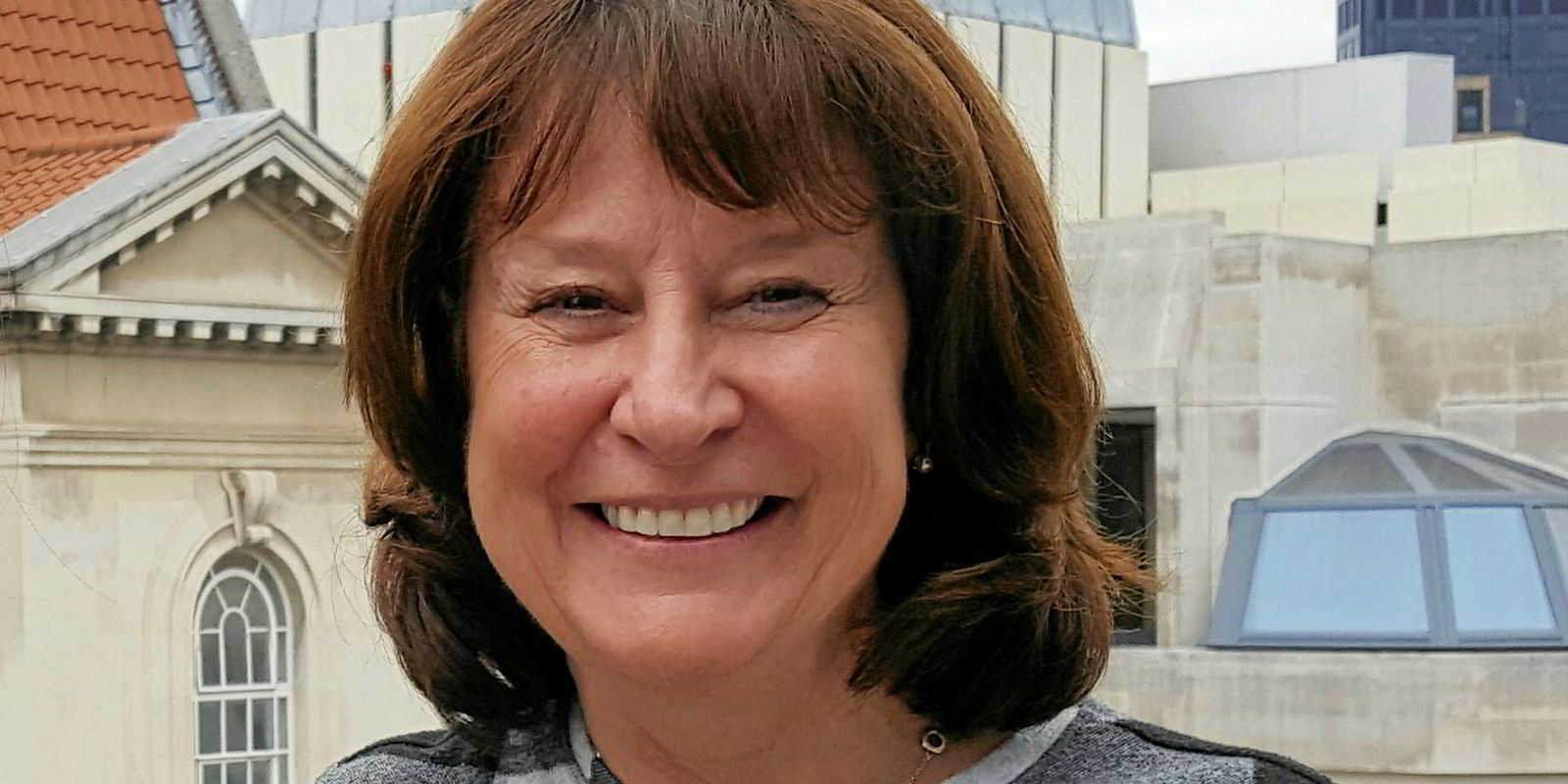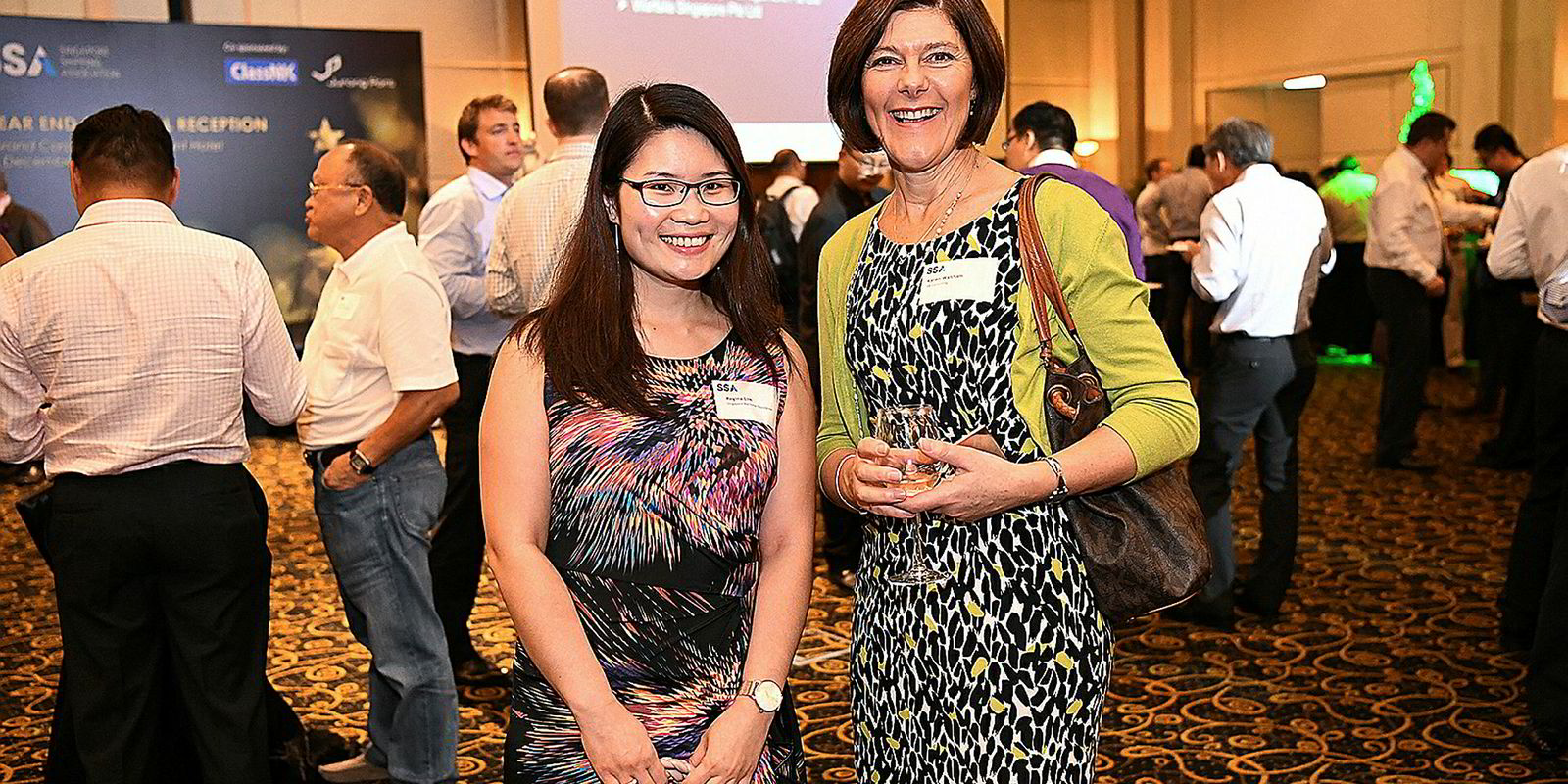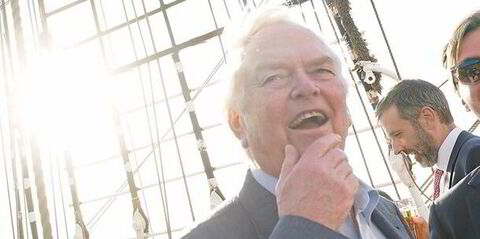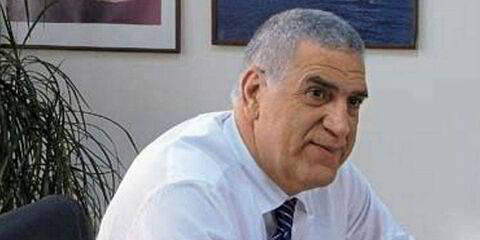Diversity and inclusion (D&I) is something of a new subject for shipping, but it will increasingly occupy minds in the industry for years to come.
The maritime sector has a large and looming problem with D&I. Women make up just 2% of the global shipping workforce. And of those women, less than 1% are in executive roles.
But companies in maritime are only just starting to look at D&I, whereas other businesses have been tackling it for 20 years, say two industry experts working together to help shipping outfits address the problem.
Karen Parker is marketing manager and senior consultant with UK D&I consultancy Brook Graham, now part of legal firm Pinsent Masons, and has just received her first direct enquiry from a maritime client.
But for Parker — a former IBM director — this is not her first brush with the sector. She has been working closely with Karen Waltham, managing director of maritime recruitment specialist Spinnaker Global’s HR Consulting arm.
Waltham came into shipping 12 years ago as head of human resources and global talent for Malaysian tanker owner AET.
Waltham does not mince her words, is passionate about what she does and wants to make “a real difference”. She is frustrated that the maritime industry is, as she sees it, about 20 years behind other sectors. “We are pushing water uphill with a fork,” she remarks.
One of the issues is that the seagoing workforce is male-dominated. Those people progress to shore, and as a result female role models are few. It will take time to change this, Waltham says.
Parker says this often translates through into how jobs are advertised, and not a great deal of thought is given to how to attract women.
Former seagoing staff may also be used to a "command and control" leadership style, which will not be appropriate for a shore-based environment.
And there are expectations that candidates for a particular role will have had seagoing experience, which automatically discounts most women, according to Waltham. “Are we completely excluding a gender? There is some challenge behind that.”
Maritime also lacks HR professionals, she adds, with these roles often left to the office manager or receptionist. This means companies have not focused on the “people element” in their organisation and shipping has fallen behind other businesses.
Gender tends to be the focal point in D&I because it is very visible and easily measured. But organisations are also looking at disability, ethnicity, sexuality and age.
“It is about positive action not positive discrimination in hiring,” Parker stresses. “It is about inclusion and addressing unconscious bias, which is one of the major inhibitors of progress.”
She explains that when there is a homogeneous group at the top of an organisation — as can be seen across the maritime sector — and those companies have been very successful with that group over time, subconsciously they will have a perception of and bias against anyone who is different.
Parker points to research into risk-taking that shows men tend to be more adventurous and spontaneous, while women are more cautious and wary. As a result, women think men do not think about risk, while men think women do not take risks. “Actually, they both take risks,” Parker says, “and if you put the two together, the likelihood is that you will get a better decision about a risk."
Subconsciously, a homogeneous group will look for someone to take risks and run the businesses the way the group does, she adds, which is why there is no point developing women in an organisation if this bias has not been addressed. “We are not trying to change women and men. We are trying to help them understand each other,” Parker says.
Waltham believes the industry is beginning to see changes. Demand for HR services is growing and there are fresh initiatives in play, such as the benchmarking of seafarers' pay being done by her organisation. She highlights cruise lines as being particularly active and suggests they could be forerunners in D&I.
“The journey is now shorter because of other companies' experiences,” Parker says. “Maritime can ride on the back of things already done.”
Waltham adds: "I believe the time is right — right now — to say: 'Maritime, wake up to D&I'. Now is our opportunity to benefit from work done in other industries."
